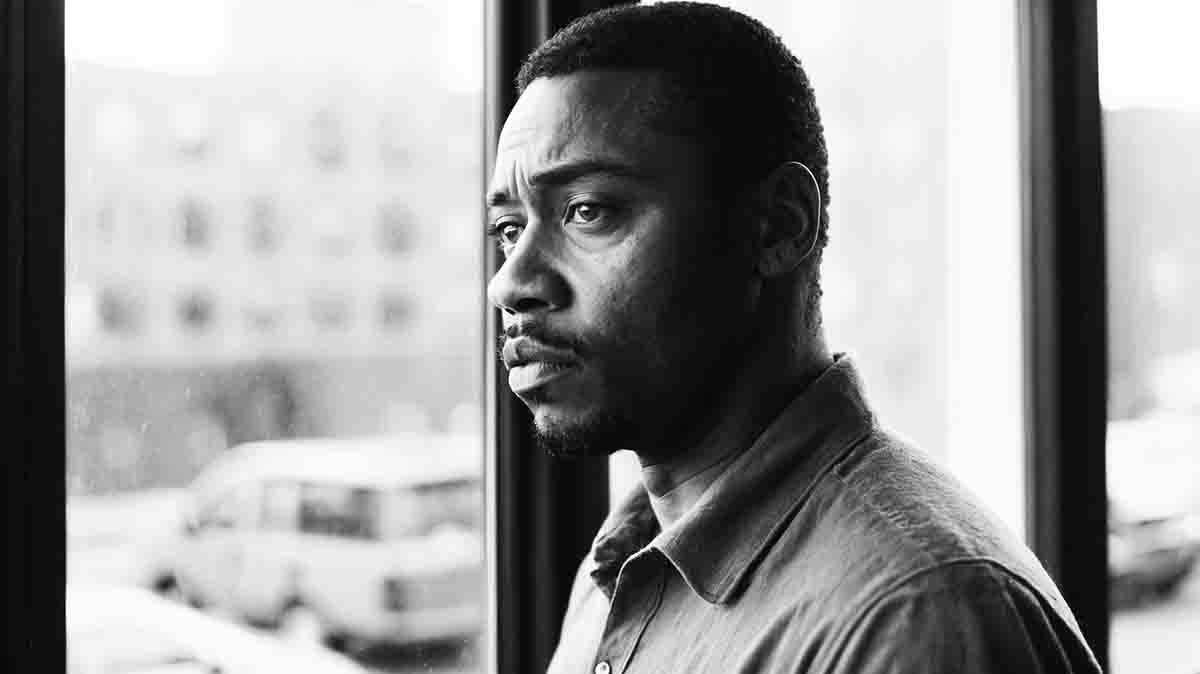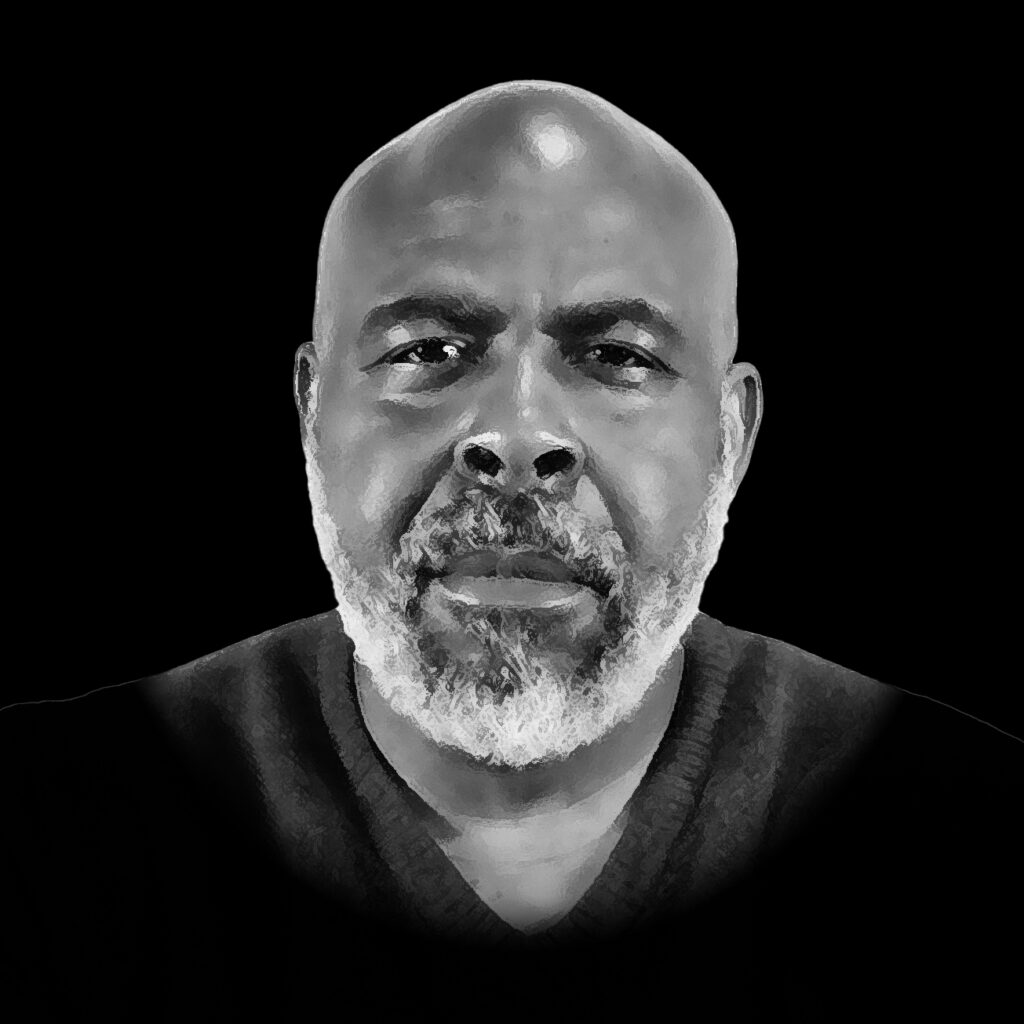We all face moments in life when we care deeply about someone and recognize that they’re on a path leading to negative outcomes. Perhaps they’re struggling with addiction, financial issues, or emotional battles. We desperately want to help them change, but despite our best efforts, they don’t make the necessary shifts. In these moments, it’s easy to feel like a failure. You might ask yourself, “Did I do enough? Could I have done more?”
But I’m here to tell you something important: You haven’t failed them.
The Burden of Guilt
One of the hardest things to reconcile is the feeling of guilt when someone you care about doesn’t change despite your efforts. It’s painful to watch someone you love continue down a harmful path, and even more so when you feel powerless to stop them. This sense of failure is even more prevalent when you feel responsible for their well-being, thinking that if you could just make them understand or do things differently, they might improve their lives.
However, the truth is: you cannot force anyone to change.
Respecting Free Will
At the core of this issue is a concept that I live by—respect for free will. It’s one of the central pillars of my belief system. To respect free will means recognizing that people have the right to make their own decisions, even if those decisions are harmful to them. We have no control over others’ choices, especially when it comes to adults.
In the realm of personal growth and helping others, it’s important to remember that respecting free will doesn’t mean abandoning them; it means recognizing that their decisions are theirs alone to make.
The Limits of Our Control
We can try to offer advice, information, and support, but we cannot cross the line into control. If someone is struggling with an addiction, for instance, you can inform them of the risks, suggest healthier alternatives, and offer help when possible. However, once you’ve done that, their decision is theirs to make. You can’t make them choose a different path.
It’s essential to understand that, as adults, we are all responsible for our own lives and outcomes. This doesn’t mean we should sit idly by while people we care about make poor decisions. On the contrary, we should offer the best support we can. But there’s a fine line. Crossing that line may lead us into a place where we infringe on their ability to make their own choices—and that’s not helping anyone.
What Can You Do?
So, what’s your role in all of this? How can you best help someone without taking on the responsibility of their decisions?
- Provide the Information: The best thing you can do is make sure they have the necessary information to make informed decisions. Many people act without fully understanding the potential consequences of their actions. By ensuring they understand the possible outcomes, you are empowering them to make a conscious choice.
- Respect Their Autonomy: Once you’ve shared the information and made the offer for help, you have done your part. The decision is now in their hands. We must remember that they may not be in a place where they can make the best decision, but that doesn’t mean you failed them.
- Offer Support Within Limits: Help in ways that don’t compromise their autonomy. You can be there for them, but you can’t do the work for them. Be the support they need, but allow them to take the necessary steps on their own.
Let Go of the Guilt
This brings us to an important point: Release the guilt. It’s incredibly easy to carry a false sense of responsibility when someone doesn’t change. But the reality is, you can’t make anyone change. You can offer them the tools, the information, and your support, but it’s up to them to decide whether they’re ready to use them.
If you’ve done everything you can within your boundaries, you haven’t failed them. If you’ve reached out and they didn’t respond, that’s not on you. If you’ve offered help and they chose not to take it, you’ve done your part. Holding onto guilt will only burden you and prevent you from moving forward in a healthy way.
Conclusion
You haven’t failed them simply because you couldn’t make them change. As much as we wish we could, we can’t force someone to see things our way or make choices that align with our hopes for them. All we can do is provide information, offer support, and respect their autonomy.
If you’ve done that, you’ve done enough. And remember: You haven’t failed them.
Let me know your thoughts in the comments below. And, as always, stay in peace.


